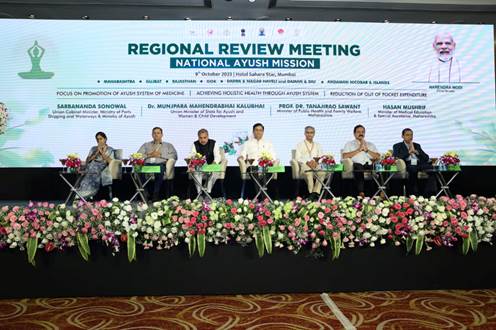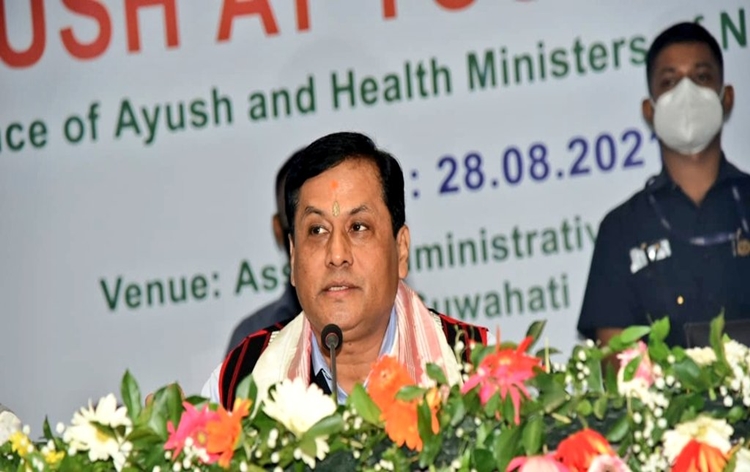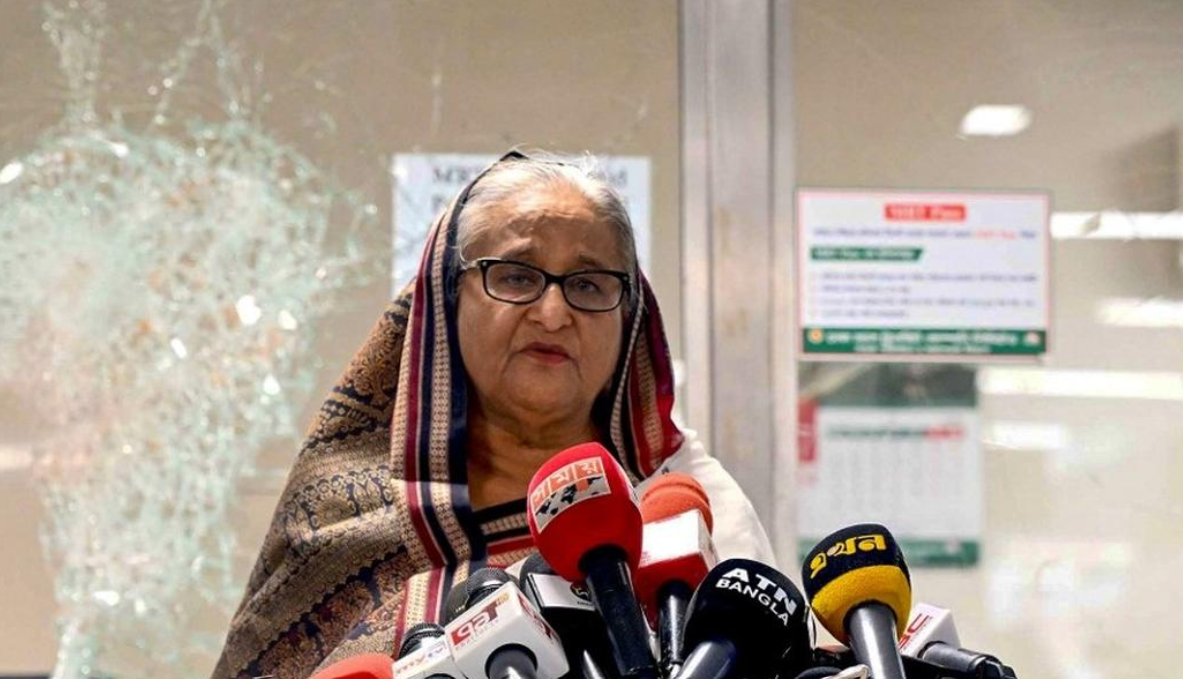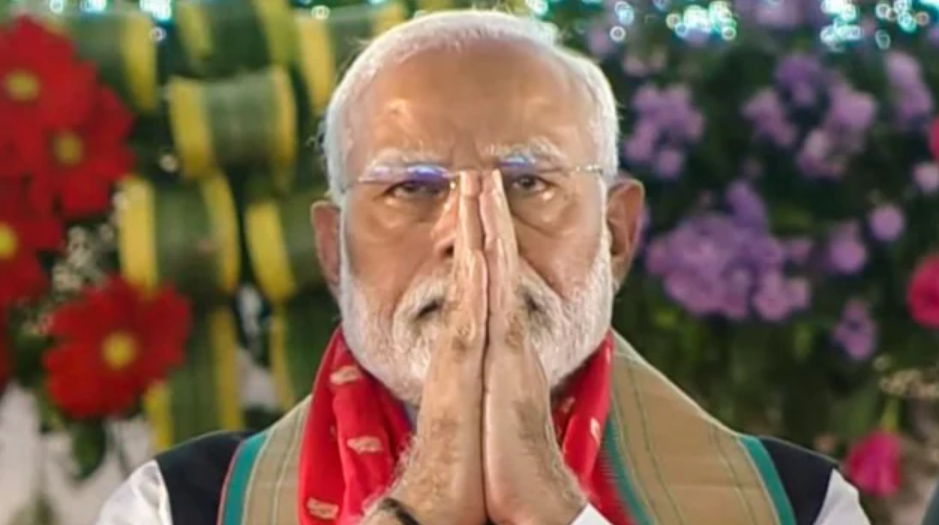Union Minister of Ayush, Sarbananda Sonowal, convened a critical regional review meeting in Patna, Bihar, to energize the implementation of the National Ayush Mission (NAM) in six eastern states. This flagship initiative, envisioned as a cornerstone of India’s healthcare architecture, aims to bolster and improve Ayush healthcare facilities across the nation, empowering citizens with informed choices and fostering a culture of holistic well-being.
 Riding the Global Wellness Wave: Minister Sonowal, with keen foresight, highlighted the burgeoning global interest in Yoga and Ayush practices. He recognized their immense potential to contribute significantly to holistic healthcare ecosystems, fostering preventive approaches and promoting overall well-being. This burgeoning demand is mirrored in the government’s commitment, demonstrated by a significant budgetary increase for the NAM scheme, from Rs. 800 crore to Rs. 1200 crore. This financial injection signifies the government’s resolute support for Ayush integration and expansion, paving the way for wider accessibility and improved infrastructure.
Riding the Global Wellness Wave: Minister Sonowal, with keen foresight, highlighted the burgeoning global interest in Yoga and Ayush practices. He recognized their immense potential to contribute significantly to holistic healthcare ecosystems, fostering preventive approaches and promoting overall well-being. This burgeoning demand is mirrored in the government’s commitment, demonstrated by a significant budgetary increase for the NAM scheme, from Rs. 800 crore to Rs. 1200 crore. This financial injection signifies the government’s resolute support for Ayush integration and expansion, paving the way for wider accessibility and improved infrastructure.
States Partnering in Progress: Since its inception in 2014-15, the Ministry of Ayush has released Rs. 1712.54 crore to seven states under NAM, demonstrating its firm commitment to collaborative implementation. This financial support has translated into tangible progress, with 4235 out of the targeted 12,500 Ayush Health and Wellness Centres (AHWCs) already operational in the reviewed states. These AHWCs envisioned as the bedrock of community-based Ayush care, serve as one-stop centres for preventive, promotive, and curative interventions, bringing holistic healthcare closer to the people.
Building the Education Ecosystem: Beyond immediate service delivery, the Ministry recognizes the crucial role of skilled professionals in sustaining the momentum of Ayush integration. To address this need, it actively supported the establishment of new Ayush Medical Colleges in Ayodhya and Varanasi, and a Yoga and Naturopathy College in Howrah. These institutions, serving as vital knowledge hubs, will play a pivotal role in nurturing future generations of Ayush practitioners, ensuring the sustainability of the mission and propelling its long-term impact.
Beyond Facilities: Prioritizing Public Health: Minister Sonowal, with a keen eye on public health outcomes, emphasized the significance of preventive and community-oriented programs like Ayurveda, Supraja, Vayomitra, and Ayush Mobile Medical Units. These initiatives, designed with specific needs in mind, provide a range of holistic interventions directly to communities. From promoting healthy lifestyles among school children to offering geriatric care programs, these interventions address diverse health concerns across life stages, fostering a preventive healthcare culture and empowering individuals to take charge of their well-being.
Technical Support at Hand: The Ministry understands that successful implementation hinges on robust technical support. To address this need, it leverages its network of research institutes and clinical units present across the participating states. These institutions, serving as knowledge repositories and training grounds, offer valuable assistance in capacity building for various stakeholders. From training State Programme Management Units (SPMU)/Community Health Officers (CHOs) to facilitating knowledge sharing through telemedicine and best practice dissemination, they play a crucial role in ensuring smooth implementation and knowledge transfer.
A Call to Action for Accelerated Progress: While acknowledging the achievements made thus far, Minister Sonowal stressed the need for further acceleration. He issued specific calls to action, urging states to:
- Expedite the construction of Ayush educational institutes in Uttar Pradesh and West Bengal: These institutions will not only address the need for skilled professionals but also serve as beacons of Ayush knowledge, attracting students and fostering research collaborations.
- Fast-track the completion of approved integrated Ayush hospitals to make them operational at the earliest: This will expand access to comprehensive Ayush healthcare services, offering a wider range of treatment options and modalities to patients.
- Prioritize and actively implement public health programs under NAM for a holistic approach to healthcare: By integrating these programs into existing healthcare structures and actively promoting them, states can empower communities to adopt preventive measures and manage their health holistically.
- Broadly implement the National Program on Ayush for Morbidity Management and Disability Prevention (MMDP) of Lymphatic Filariasis in vulnerable areas: This targeted intervention has the potential to significantly reduce the burden of this debilitating disease, improving the lives of individuals and communities affected.




